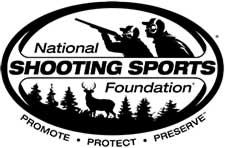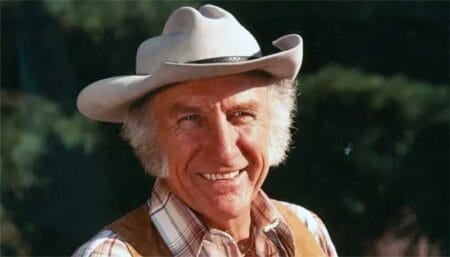
NEWTOWN, Conn –-(Ammoland.com)- U.S. Senators Mark Udall (D-Colo.) and Jim Risch (R-Idaho) and Congressmen Duncan Hunter (R-Calif.) and Tim Walz (D-Minn.) this week introduced the Target Practice and Marksmanship Training Support Act, a bipartisan bill to assist states in opening and maintaining public shooting ranges for hunters and sportsmen and to promote firearm safety.
Excise taxes already collected on sporting equipment and ammunition would be used, so the measure is deficit neutral. NSSF and many hunting and shooting organizations support the bill.
Key provisions of the Target Practice and Marksmanship Training Support Act would:
- Increase the amount of money states can contribute from their allotted Pittman-Robertson funds to 90 percent of the cost to improve or construct a public target range from the current limit of 75 percent. This would reduce local and state matching requirements from 25 percent to 10 percent;
- Allow the Pittman-Robertson funds allotted to a state to remain available and accrue for five fiscal years for use in acquiring land for, expanding or constructing a public target range. Under current law, states must use these funds within one year; and,
- Encourage the federal land management agencies to cooperate with state and local authorities to maintain target ranges on federal land so as to encourage their continued use.
This Act nearly passed Congress last year as part of a broader package of sportsmen bill, but failed during the lame-duck session of Congress after a minority of senators protested unrelated provisions relating to duck stamps.
More information on this important legislation for the industry will be available soon and NSSF will keep you informed.
About NSSF
The National Shooting Sports Foundation is the trade association for the firearms industry. Its mission is to promote, protect and preserve hunting and the shooting sports. Formed in 1961, NSSF has a membership of more than 6,000 manufacturers, distributors, firearms retailers, shooting ranges, sportsmen’s organizations and publishers. For more information, log on to www.nssf.org.





